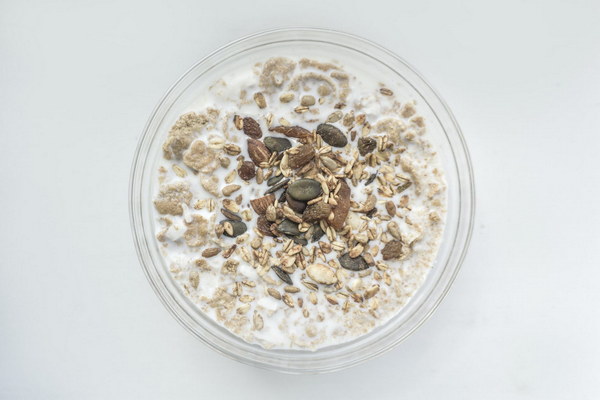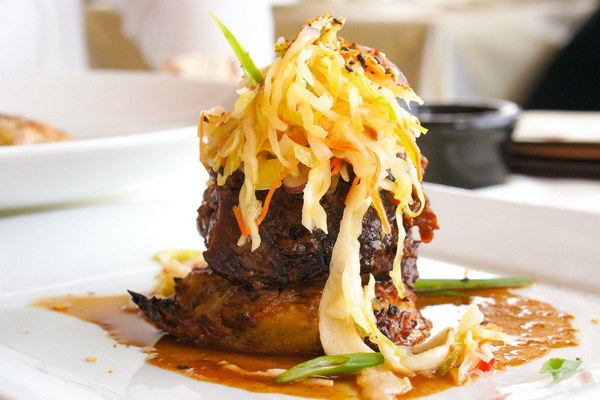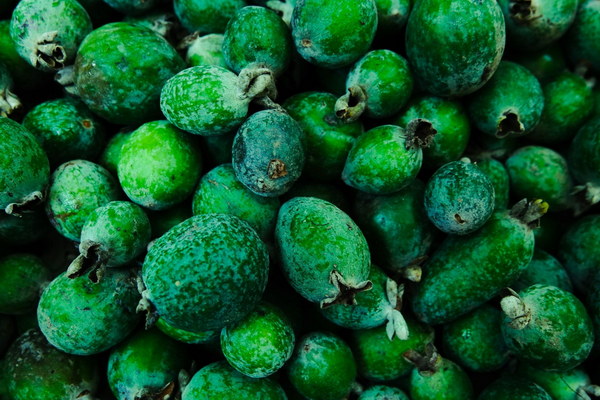Natural Wetness Elimination A Traditional Chinese Medicine Formula for Health and Balance
In the realm of Traditional Chinese Medicine (TCM), the concept of Dampness plays a significant role in understanding and treating various health conditions. Dampness is believed to be a pathogenic factor that can disrupt the body's balance and lead to a range of ailments. To combat this, TCM practitioners have developed a variety of herbal formulas designed to eliminate dampness and restore balance. One such formula is known as Mu Xiang San, which has been used for centuries to address dampness-related issues. This article will explore the origins, ingredients, and benefits of Mu Xiang San, providing insight into its efficacy in treating dampness.
Origins of Mu Xiang San
Mu Xiang San, also known as Musk Aroma Powder, originated in ancient China and has been used for thousands of years in TCM. The formula is attributed to the renowned physician Zhang Zhongjing, who lived during the Eastern Han Dynasty (25-220 AD). Over the centuries, Mu Xiang San has gained popularity for its ability to alleviate dampness and support overall health.
Ingredients of Mu Xiang San
Mu Xiang San consists of several key herbal ingredients, each with its unique properties and functions. The primary components of this formula include:
1. Musk (Mu Xiang): The name of the formula itself, Musk is a potent aromatic substance derived from the musk deer. It is believed to have strong properties that can invigorate the blood and eliminate dampness.

2. Atractylodes macrocephala (Cang Zhu): This herb is known for its drying and warming properties, making it an excellent choice for treating dampness. It is also used to strengthen the spleen and improve digestion.
3. Alisma orientale (Ze Xie): Alisma is a diuretic herb that helps to eliminate dampness and reduce swelling. It is often used in conjunction with other herbs to support kidney function.
4. Poria cocos (Fu Ling): Poria is a mushroom-like herb that is believed to have astringent and dampness-dispelling properties. It is often used to support the spleen and kidney functions.
5. Pinellia ternata (Ban Xia): This herb is known for its ability to dry dampness and settle the stomach. It is often used to treat digestive issues related to dampness.
6. Angelica sinensis (Dang Gui): Dang Gui is a blood-tonifying herb that is believed to improve circulation and reduce blood stasis. It is often used in combination with other herbs to enhance the formula's effectiveness.
Benefits of Mu Xiang San
Mu Xiang San offers a variety of benefits for individuals struggling with dampness-related issues. Some of the primary benefits include:
1. Alleviating Dampness: The formula's primary function is to eliminate dampness from the body, which can help reduce symptoms such as fatigue, bloating, and weight gain.
2. Improving Digestion: The inclusion of herbs like Atractylodes macrocephala and Pinellia ternata helps to improve digestion, which can alleviate symptoms such as bloating and diarrhea.
3. Enhancing Energy Levels: By eliminating dampness and improving digestion, Mu Xiang San can help boost energy levels and overall vitality.
4. Supporting Spleen and Kidney Functions: The formula's ingredients work together to support the spleen and kidney functions, which are essential for maintaining a healthy body.
5. Reducing Swelling: Alisma orientale, one of the key ingredients in Mu Xiang San, has diuretic properties that can help reduce swelling and fluid retention.
Conclusion
Mu Xiang San is a valuable herbal formula in Traditional Chinese Medicine, offering a natural and effective solution for dampness-related issues. With its unique blend of ingredients and time-honored origins, this formula has been used for centuries to promote health and balance. By addressing the root cause of dampness, Mu Xiang San can help alleviate a range of symptoms and support overall well-being. For those seeking a natural approach to dampness elimination, exploring the benefits of Mu Xiang San may be a worthwhile endeavor.









